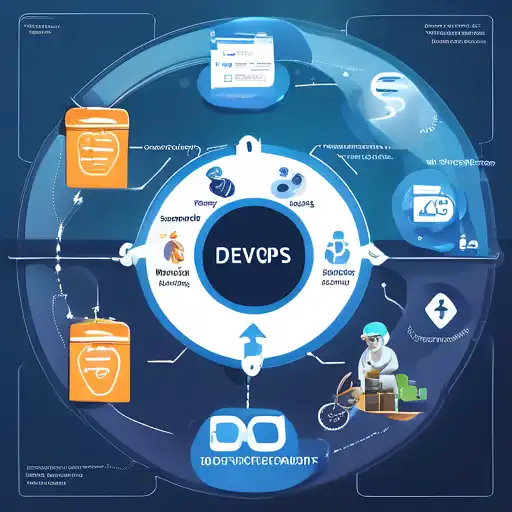Introduction to DevOps in Software Development
DevOps has revolutionized the way software is developed, deployed, and maintained. By bridging the gap between development and operations teams, DevOps practices ensure a smoother, faster, and more efficient software development lifecycle (SDLC). This article explores the myriad ways DevOps enhances the SDLC, from improved collaboration to faster deployment times.
The Role of DevOps in Modern Software Development
At its core, DevOps is about culture, automation, and lean processes. It encourages a culture of collaboration between developers and operations teams, which traditionally worked in silos. Automation plays a key role in DevOps, enabling continuous integration and continuous deployment (CI/CD), which significantly reduces manual errors and speeds up the release cycle.
Key Benefits of DevOps in the SDLC
- Improved Collaboration: DevOps fosters a culture of shared responsibility, transparency, and faster feedback loops.
- Increased Efficiency: Automation of repetitive tasks frees up time for innovation and strategic work.
- Faster Time to Market: CI/CD pipelines enable quicker iterations and releases, giving businesses a competitive edge.
- Higher Quality Products: Continuous testing ensures that bugs are caught and fixed early in the development process.
Implementing DevOps Practices for Optimal Results
Adopting DevOps requires a shift in mindset and the right set of tools. Teams should focus on automating their build, test, and deployment processes. Tools like Jenkins, Docker, and Kubernetes are instrumental in achieving these goals. Moreover, monitoring and logging tools such as Nagios and Splunk help in maintaining the health of applications post-deployment.
Challenges and Solutions in DevOps Adoption
While the benefits are clear, transitioning to a DevOps model can present challenges, including resistance to change and skill gaps. Overcoming these requires comprehensive training and a gradual implementation strategy. Starting with small, manageable projects can help teams adapt to the new workflow without overwhelming them.
Conclusion: The Future of DevOps in Software Development
DevOps is not just a set of practices but a culture that is becoming indispensable in the software development industry. As organizations strive for agility and efficiency, DevOps principles will continue to play a pivotal role in shaping the future of the SDLC. Embracing DevOps is no longer an option but a necessity for teams looking to stay competitive in the fast-paced tech landscape.
For more insights into optimizing your development processes, explore our articles on Continuous Integration and Agile Methodology.
